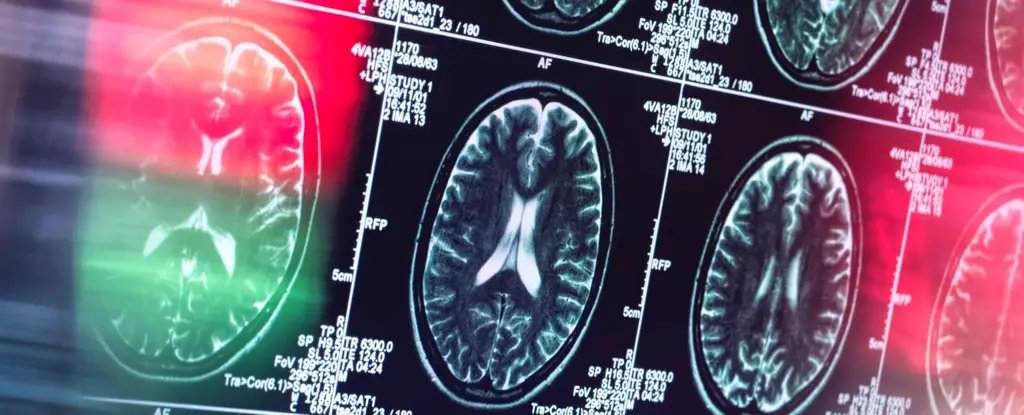Recent research has shed light on the dysfunctions in specific brain systems that contribute to psychosis. The study conducted by a team from Stanford University delved into how these dysfunctions affect the ability to filter attention to essential internal and external information and predict rewards. Psychosis, which encompasses symptoms like hallucinations and delusions, is a condition that can occur independently or as part of disorders such as schizophrenia and bipolar disorder. Scientists are continuously striving to unravel the complexities of these mental health conditions to develop more effective treatments and interventions.
The researchers analyzed brain scans from 445 individuals with various conditions, including autism, ADHD, early psychosis, and 22q11.2 deletion syndrome. They compared these scans with those of 411 healthy individuals to identify variations in brain function using machine learning algorithms. The study pinpointed differences in two crucial brain regions – the anterior insula, which is pivotal in directing attention as part of the salience network, and the ventral striatum, which is involved in reward-seeking behaviors driven by dopamine pathways.
According to cognitive neuroscientist Kaustubh Supekar from Stanford University, this research provides a useful model for understanding the development and progression of schizophrenia. The findings show that individuals with 22q11.2 deletion syndrome, who are at an increased risk of psychosis and schizophrenia, exhibit significant differences in brain function related to information filtering and reward prediction. This not only enhances our comprehension of psychosis symptoms and risk but also underscores the presence of consistent brain signatures in individuals with psychosis.
The identification of specific brain regions implicated in psychosis opens up new possibilities for targeted treatments. Traditional approaches to treating psychosis, such as transcranial magnetic stimulation and focused ultrasound, could be tailored to focus on the anterior insula and ventral striatum in individuals at risk of psychosis. This precision in targeting specific brain centers could lead to more effective interventions and better outcomes for individuals experiencing psychosis symptoms.
In addition to advancing treatment options, the research team aims to reduce the stigma associated with psychosis and increase support for affected individuals. The experience of being disconnected from reality due to psychosis can be daunting, and differentiating between normal and abnormal neurological function may not always be straightforward. Cognitive neuroscientist Vinod Menon emphasizes the importance of approaching individuals with psychosis with compassion to foster understanding and provide much-needed support.
The study on brain dysfunctions in psychosis provides valuable insights into the underlying mechanisms of this condition. By unraveling the intricacies of brain systems involved in psychosis, researchers are paving the way for more targeted treatments and improved support for individuals grappling with psychosis symptoms. This research not only enhances our understanding of schizophrenia development but also highlights the significance of empathy and compassion in addressing mental health challenges.



Leave a Reply